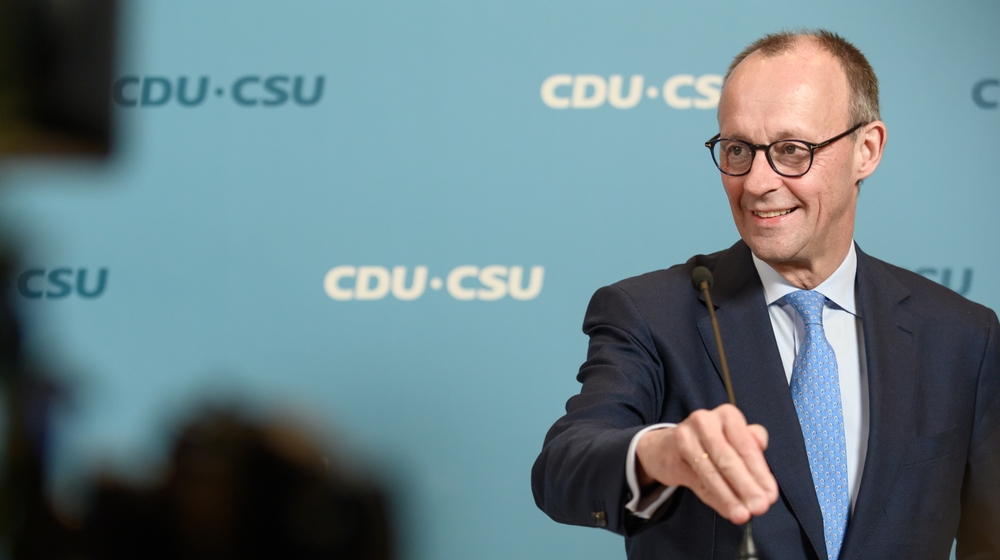Friedrich Merz Condemns U.S. Interference Amid Rising Support for Far-Right AfD
Others are reading now
Germany’s newly sworn-in Chancellor Friedrich Merz wasted no time in drawing firm lines with Washington, delivering a pointed message to the Trump administration during his first day in office. The center-right leader called on the U.S. to refrain from interfering in German politics, amid growing support from American political figures for Germany’s far-right Alternative for Germany (AfD) party.
Merz: “This Is Not America’s Business”
Speaking on public broadcaster ZDF, Merz stated that he planned to speak with President Donald Trump later this week, but also stressed that “he would encourage the U.S. government not to interfere” in domestic German affairs. Referring to recent “absurd comments” from American officials, Merz reminded viewers that he never intervened during Trump’s own election campaigns.
As reported by HotNews, Merz’s comments come amid backlash against the open support shown for AfD by figures close to Trump, including Vice President J.D. Vance and Elon Musk, who virtually addressed an AfD rally. U.S. Senator Marco Rubio also criticized Germany’s domestic intelligence service after it officially classified AfD as an extremist party, calling the move “disguised tyranny.”
Germany’s Foreign Ministry issued a rare direct rebuke, defending the decision as “a result of a thorough, independent investigation to protect our constitution.” Officials emphasized that Germany’s courts will ultimately determine AfD’s legal status.
Also read
A Firm Transatlantic Ally — with Boundaries
Despite his tough rhetoric, Merz is a committed Atlanticist with longstanding ties to the U.S. He had personally congratulated Trump on his 2024 re-election with a handwritten letter, praising the “remarkable” victory and the American people’s mandate.
However, Merz also made clear during election night that recent statements from the Trump administration suggest “they no longer care about Europe—at least this administration doesn’t.” He warned that NATO’s future may be in question and hinted that Europe must now take urgent steps to strengthen its own defense.
His CDU/CSU alliance defeated AfD in the February elections, with the far-right party securing a record 20% of the vote. As Merz steps into office, he is signaling that transatlantic cooperation will continue—but only on Europe’s terms.


